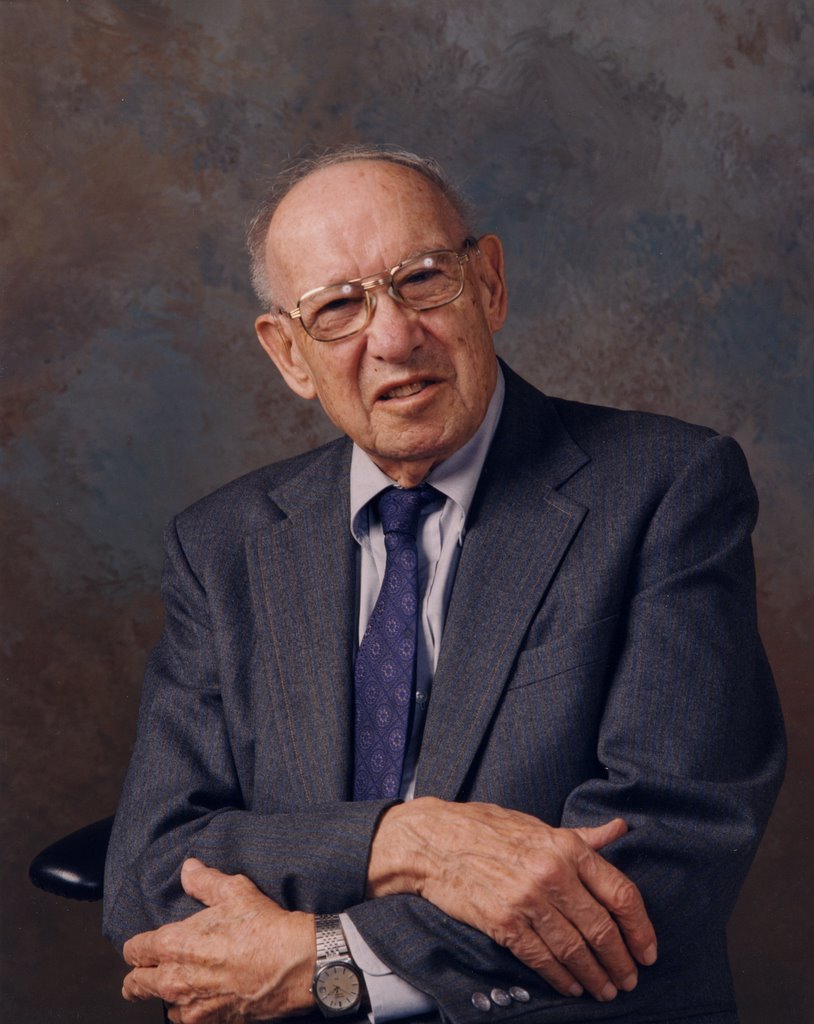Summary
America has never had a more profound guru than Peter Drucker. I have read many of his writings, and they still apply even with the advent ot of technology and AI in everything. Methods change, but fundamentals remain supreme.
Biography
Born in Vienna, Austria, Drucker was raised in an intellectually vibrant household. He earned a doctorate in international Law from the University of Frankfurt in 1931. Fleeing Nazi Germany in 1933, he settled in the United States in 1937, where he became a citizen in 1943. Drucker taught at New York University and later at Claremont Graduate University, where he remained until his death.
Key Contributions to Management Theory
Management by Objectives (MBO)
Drucker introduced the concept of Management by Objectives, which emphasizes setting clear, measurable goals aligned with organizational objectives. This approach fosters accountability and strategic alignment across all levels of an organization.
Decentralization
Drucker advocated for decentralization, encouraging organizations to delegate decision-making authority to the lowest possible level. This empowers employees, enhances responsiveness, and promotes innovation.
The Knowledge Worker
In 1959, Drucker coined the term’ knowledge worker’ to describe individuals whose primary job involves handling and using information. He emphasized that productivity among knowledge workers would be the central challenge of management.
Influence on Business and Nonprofit Sectors
Drucker’s consulting work with General Motors led to his book ‘Concept of the Corporation’, which analyzed the company as a social institution. General Electric later adopted his principles under the leadership of Jack Welch. Drucker also applied management principles to nonprofit organizations, helping them become more effective and mission-driven.
Legacy
Drucker authored over 30 books, including “The Practice of Management” and “Innovation and Entrepreneurship.” He was awarded the Presidential Medal of Freedom in 2002. The Drucker Institute at Claremont Graduate University continues to promote his teachings. His emphasis on clarity, decentralization, lifelong learning, and ethical leadership remains relevant in today’s dynamic business environment.
Citations
Britannica Editors. “Peter F. Drucker.’ Encyclopaedia Britannica, 2025. https://www.britannica.com/money/Peter-F-Drucker
Wikipedia Contributors “Peter Drucker.’ Wikipedia, 2025. https://en.wikipedia.org/wiki/Peter_Drucker
PubAdmin Institut. 'The Legacy of Peter Drucker: Pioneer of Modern Management.’ https://pubadmin.institute/administrative-thinkers/legacy-of-peter-drucker-modern-management
Timeline of Peter Drucker’s Contributions
1939: Published ‘The End of Economic Man’, analyzing the rise of fascism.
1943: Conducted organizational analysis of General Motors, leading to ‘Concept of the Corporation’.
1954: Published ‘The Practice of Management’, introducing Management by Objectives (MBO).
1959: Coined the term’ knowledge worker’.
1973: Published ‘Management: Tasks, Responsibilities, Practices’, emphasizing management as a liberal art.
1985: Published ‘Innovation and Entrepreneurship’, redefining the role of the entrepreneur.
1990: Peter F. Drucker Foundation for Nonprofit Management was established in his honor.
2002: Awarded the Presidential Medal of Freedom.
2005: Passed away at the age of 95, leaving a lasting legacy in management theory.
Timeline with Key Quotes
1939: Published ‘The End of Economic Man’, analyzing the rise of fascism.
Quote: “The most crucial task of an organization’s leader is to anticipate a crisis.
1943: Conducted organizational analysis of General Motors, leading to ‘Concept of the Corporation’.
Quote: “The purpose of a business is to create a customer.
1954: Published ‘The Practice of Management’, introducing Management by Objectives (MBO).
Quote: “What gets measured gets managed.
1959: Coined the term’ knowledge worker’.
Quote: “Knowledge has to be improved, challenged, and increased constantly, or it vanishes.
1973: Published ‘Management: Tasks, Responsibilities, Practices’, emphasizing management as a liberal art.
Management is doing things right; leadership is doing the right things.
1985: Published ‘Innovation and Entrepreneurship’, redefining the role of the entrepreneur.
Quote: “The entrepreneur constantly searches for change, responds to it, and exploits it as an opportunity.
1990: Peter F. Drucker Foundation for Nonprofit Management was established in his honor.
Quote: “The best way to predict the future is to create it.
2002: Awarded the Presidential Medal of Freedom.
Quote: “Effective leadership is not about making speeches or being liked; results, not attributes, define leadership.
2005: Passed away at the age of 95, leaving a lasting legacy in management theory.
Quote: “There is nothing so useless as doing efficiently that which should not be done at all.
